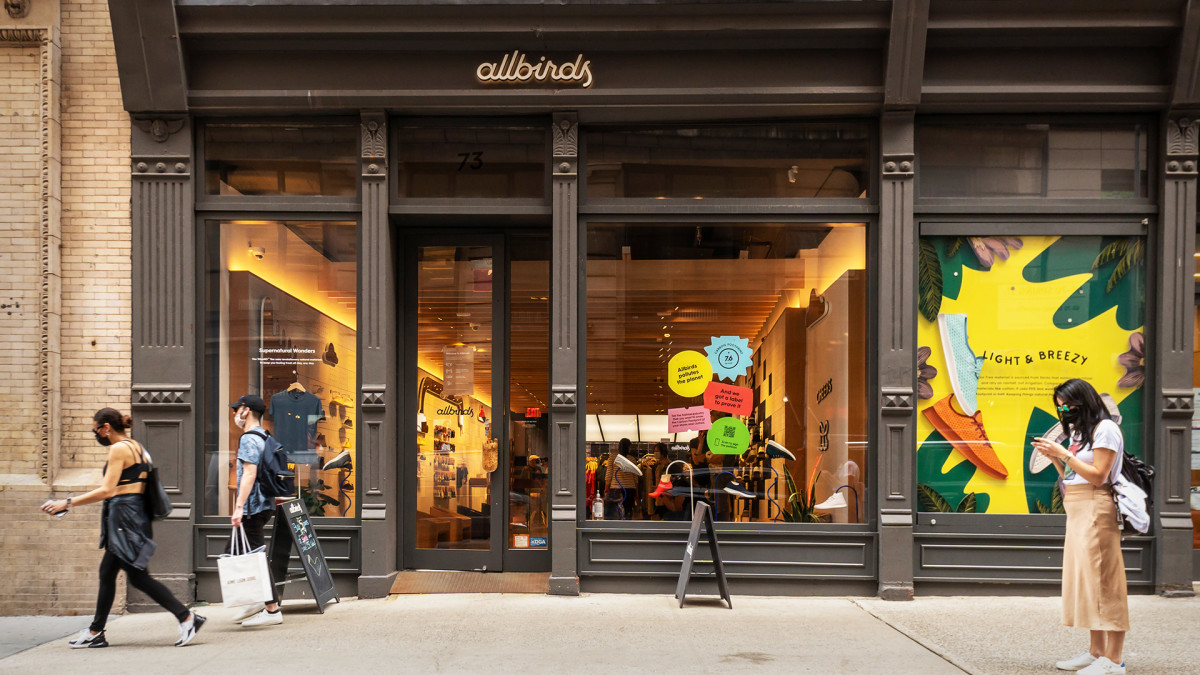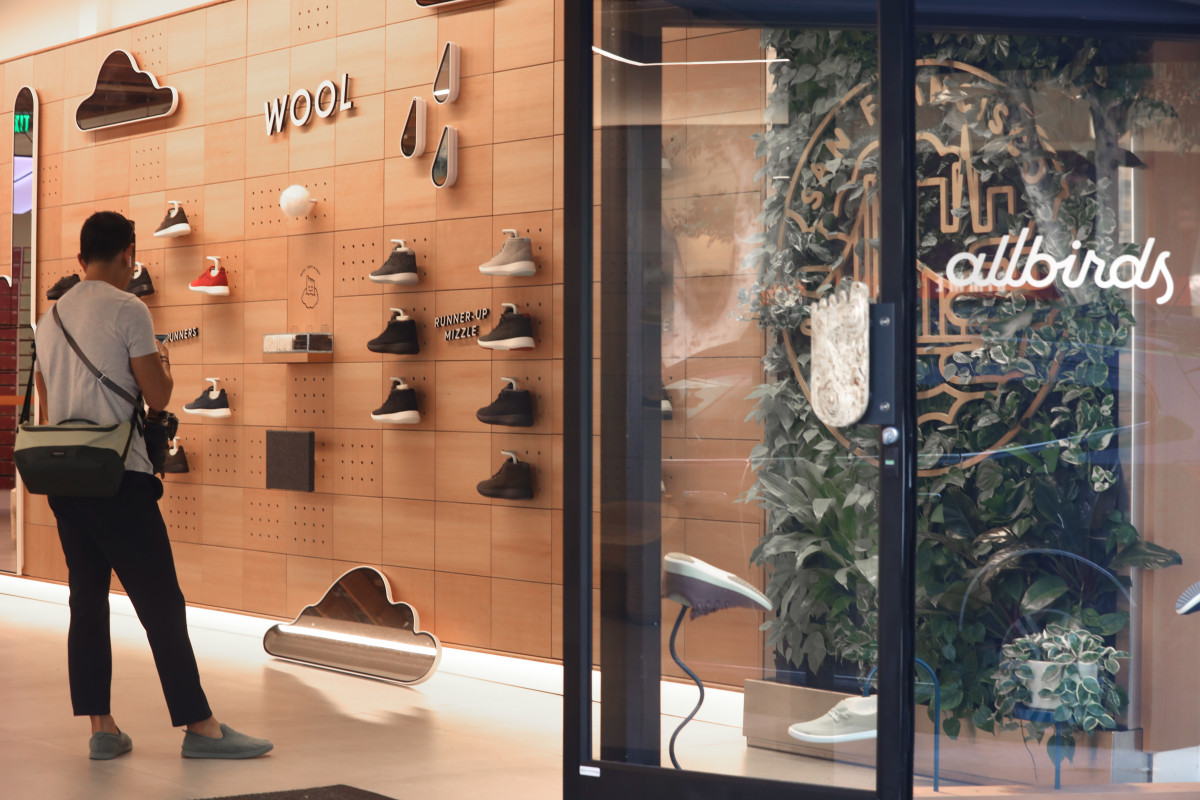
It seems like almost every day you check on the newest business headlines, a new company is either liquidating, filing for bankruptcy protection, getting delisting warnings, or somehow spiraling into what seems like a hopeless death of despair.
This is thanks in part to the continued Covid consolidation, whereby brands at anything less than their best performance over the past year have been forced to fold under the immense pressure of current market conditions.
Related: Kroger launches trendy new brand Costco doesn't have
As Covid forced — or expedited — seemingly unnatural migration patterns, many previously high-foot traffic metropolitan areas were largely abandoned for months or even years on end. High rents in these places were no longer justifiable, and a lack of incoming revenue forced many stores to shutter suddenly and ask for help.
To be sure, some retailers thrived during this period of consolidation. Giants like Walmart (WMT) , Target (TGT) , and Amazon (AMZN) rapidly gobbled up smaller competition and it now seems like every plaza has at least one of the five largest retailers in the U.S.
Other retailers like TJ Maxx, thrived as consumers finally returned to stores seeking deals and off-mall accessibility. So while retailers like Macy's (M) shuttered and crumbled, TJX was happy to sell some of its overstock labels for a fraction of the price.
Popular sneaker label gets a warning
One such company that thrived before the pandemic was Allbirds (BIRD) , a smaller brand that built comfortable shoes made of sustainable materials best suited for walking and commuting.

San Francisco Chronicle/Hearst Newspapers via Getty Images/Getty Images
A darling during the late 2010s when almost everybody went into the office every day, Allbirds catered to the crowd who wanted to look presentable at work but feel good in their feet -- and good about what they were doing for the planet. Allbirds' best-selling shoe, the Runners, are made from either wool or sustainable eucalyptus with cushioned midsoles for the perfect all-day temperature and support. They start at $98.
But Allbirds has struggled with declining sales and profit in recent years, as upscale and presentable commuters are no longer in vogue and shoppers instead opt for comfort over everything else, as is the case with Crocs (CROX) and Birkenstock.
The company tried to make a pivot to other activewear, as with women's leggings but soon found out that was a slippery slope with incumbents like Lululemon (LULU) ready to eat any newcomers' lunch — sustainable or not.
So in April, Allbirds received a noncompliance warning from Nasdaq, where it is currently listed and trades for under $1. Since the stock has traded below $1 for over 30 days, Nasdaq warned Allbirds it must get its stock price up — or be at risk of being delisted from the exchange.
It has 180 days, or until September 30, to make that change. In order to avoid delisting, it must trade for above $1 for at least 10 business days straight.
Allbirds said it "will consider actions," to take in order to avoid delisting, "but no decisions about a response have been made at this time."
Earlier in 2024, Allbirds said it will shutter between 10-15 brick-and-mortar locations in the U.S., but it still expects revenue to decline 25% or more in the fiscal year.







